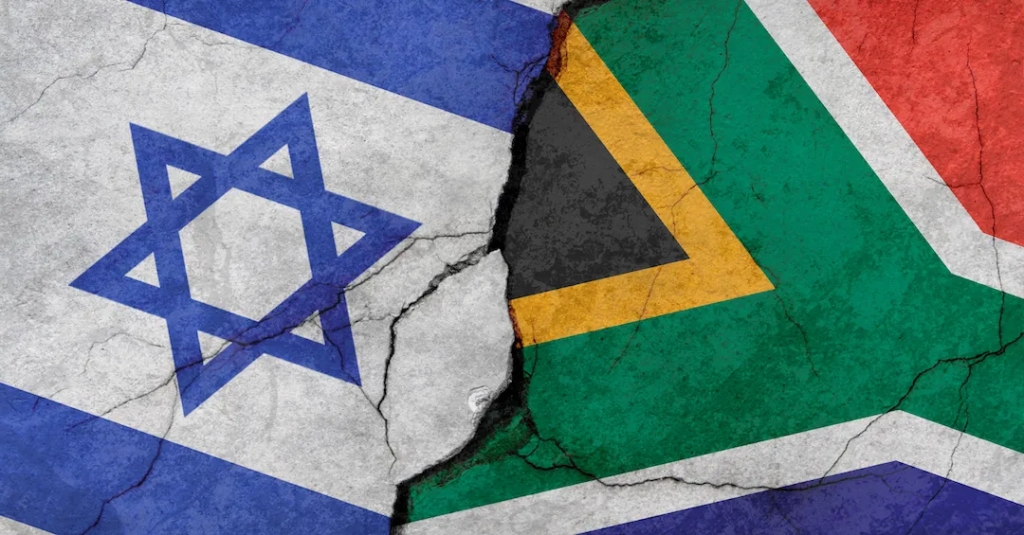
A month ago, with some trepidation, it was agreed that our next Chatting Critically meeting would focus on the Israel/Palestine situation. It will take place on Wednesday, January 10th in the ‘Elpida’ kafeneio, Gavalohori, starting at 10.30 a.m.
As the coordinator of the group, I wanted to put together something of an introduction to help the discussion along. However, I’ve found this increasingly difficult as the tragedy unfolds. I’m conscious too that my allegiance to the Palestinian cause goes back to the mid-1970s. I’m hardly impartial.
Thus I’m doing no more than posing a few questions to think about before we get together, supplemented by links to a range of articles, the first of which is by the great independent journalist, John Pilger, who sadly died on New Year’s Eve.
- To what extent have we a grasp of the historical background to the conflict? The state of Israel was only founded in 1947 based on expelling thousands of Palestinians from their homeland. How was this justified and who were the players on the world stage, ensuring that this seizure of land happened?
- Israel’s establishment as an explicitly Jewish state is a primary point of contention, with many of the state’s critics arguing that this by nature casts non-Jews as second-class citizens with fewer rights. The 1950 Law of Return, for example, grants all Jews, as well as their children, grandchildren, and spouses, the right to move to Israel and automatically gain citizenship. Non-Jews do not have these rights. Palestinians and their descendants have no legal right to return to the lands their families held before being displaced in 1948 or 1967. Deep-rooted structural and social discrimination confirms the second-class status of Arabs within Israel, leading to the charge that Israel is an apartheid state? Is this claim legitimate?
- Does the appalling persecution of Jews across the centuries – for a diversity of reasons, not least in the early 20th century because they were seen as socialists. even communists and the obscenity of the Holocaust, the Final Solution – mean that Israel is exempt from moral or political criticism of its actions today – acknowledged war crimes or indeed perceived genocide?
- It is generally acknowledged at an international level, even if this is empty of any real meaning that the Palestinian Territories are prison camps. Given the length and intensity of the incarceration, why the surprise and shock when some of the prisoners plan and execute a violent escape. Isn’t such a brutal ‘slave revolt’, as Norman Finkelstein puts it, an inevitable consequence of Israel’s inhuman policies. And is the appropriate answer of the prison guards, the execution of the inmates left therein?
- And, finally, on a personal note, how can we allow the closing down of debate by the mere accusation of anti-semitism or ‘Jew-hating’? Amongst my greatest inspirations and influences are to be found composers, Mahler, Mendelsohn and Schoenberg, artists, Menuhin and Bernstein, intellectuals, Freud and Chomsky, revolutionaries, Marx, Trotsky and Rosa Luxemburg. All were Jewish. In embracing and criticising their artistic, social and political contributions I recognised but didn’t obsess about their Jewishness. In much the same way I don’t think much about Christianity when listening to Haydn or Bruckner. I’m an atheist but I neither hate Jews nor Christians. I simply disagree.
There are many more questions, for sure.
In directing you to interesting and challenging links I cannot but begin with the late John Pilger’s very last article, written in early November, entitled. ‘We are Spartacus’
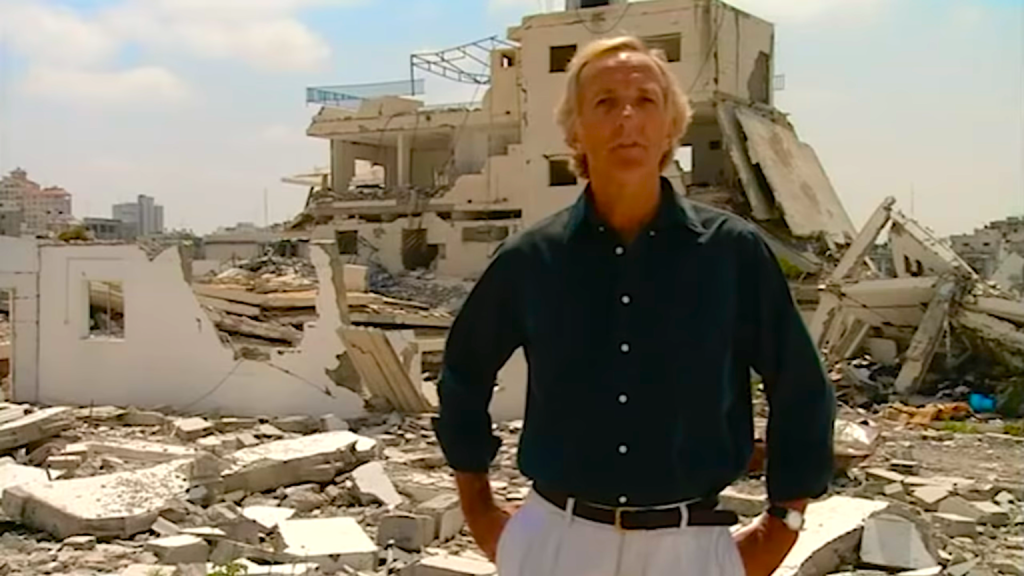
“Secretive power loathes journalists who do their job, push back screens, peer behind façades, lift rocks. Opprobrium from on high is their badge of honour.”
He opens::
Spartacus was a 1960 Hollywood film based on a book written secretly by the blacklisted novelist Howard Fast, and adapted by the screenplay writer Dalton Trumbo, one of the “Hollywood 10” who were banned for their “un-American” politics. It is a parable of resistance and heroism that speaks unreservedly to our own times.
Both writers were Communists and victims of Senator Joseph McCarthy, chairman of the Government Operations Committee and its Permanent Subcommittee on Investigations of the US Senate, which, during the Cold War, destroyed the careers and often the lives of those principled and courageous enough to stand up to a homegrown fascism in America.
“This is a sharp time, now, a precise time…”, wrote Arthur Miller in The Crucible, “We live no longer in the dusky afternoon when evil mixed itself with good and befuddled the world”.
There is one “precise” provocateur now; it is clear to see for those who want to see it and foretell its actions. It is a gang of states led by the United States whose stated objective is “full spectrum dominance”. Russia is still the hated one, Red China the feared one.
From Washington and London, the virulence has no limit. Israel, the colonial anachronism and unleashed attack dog, is armed to the teeth and granted historical impunity so that “we” the West ensure the blood and tears never dry in Palestine.
British MPs who dare call for a ceasefire in Gaza are banished, the iron door of two-party politics closed to them by a Labour leader who would withhold water and food from the children.
In expressing his undying admiration for the endeavours of David McBride and Julian Assange in exposing the crimes committed under the banner of the ‘Global War on Terror’, he closes:
Their bravery has allowed many of us, who might despair, to understand the real meaning of a resistance we all share if we want to prevent the conquest of us, our conscience, our self respect, if we prefer freedom and decency to compliance and collusion. In this, we are all Spartacus.
Spartacus was the rebellious leader of Rome’s slaves in 71-73 B.C. There is a thrilling moment in the Kirk Douglas movie Spartacus when the Romans call on Spartacus’s men to identify their leader and so be pardoned. Instead hundreds of his comrades stand and raise their fists in solidarity and shout, “I am Spartacus!”. The rebellion is under way.
Julian and David are Spartacus. The Palestinians are Spartacus. People who fill the streets with flags and principle and solidarity are Spartacus. We are all Spartacus if we want to be.
The Middle East War and the hostile environment
Nira Yuval-Davis is a diasporic Israeli Jew, Professor Emeritus, Honorary Director of the Research Centre on Migration, Refugees and Belonging (CMRB) at the University of East London. She reflects on the complexities of its start and end points, beginning:
One of the most contested issues regarding telling the story of the current war in the Middle East is about when to start it. Each narrative always has a clear starting point – if not necessarily an end point – but what is the starting point for this war? Is it the terrible massacre that Hamas fighters carried out among soldiers and civilians, Jews and non-Jews, in the South of Israel on 7 October? – the highest number of people killed in one day in the hundred years of conflict since the beginning of the Zionist settlement in Palestine – at least until that day. That’s probably where most Israelis would like to start the story.
Should I start with the ongoing massive systematic bombing, destruction, displacement and killing of thousands of Palestinians in Gaza, including thousands of children, a new Palestinian Nakba? That’s where many international protesters focus their protests.
Or I could start the narrative by telling the history of the Zionist settler colonial project, before and after 1948 and the establishment of the Israeli state. A large proportion of the Palestinian population in the Gaza strip today are 1948 refugees, and most of the settlements attacked on 7 October sit on lands where previous generations of today’s Gazans used to live, before the first Nakba.
Or maybe I should start my narrative by telling how Israeli intelligence – just like the US with the Taliban – was a cultivator of Hamas in its infancy, as part of a divide and rule policy aimed at weakening the power of the PLO; and how, until 7 October, it facilitated the rule of Hamas in Gaza by enabling the transfer of money to Hamas from Qatar via Israeli banks, so it could distribute money to people in this huge open-air prison, to maintain its control and keep the population just about surviving.
Another starting point could be the convenience of the Hamas attack and the following war for Iran and its allies, as it has put in jeopardy the anti-Iran, anti-Palestinian, so called ‘normalisation’ agreement that was soon to be signed between Israel and Saudi Arabia. In many ways, this is not just a war between Israel and Gaza, but a regional war, in which various pro-Iranian groups, from Yemen to Syria and Lebanon, are taking part in an anti-American as well as anti-Israeli war, although at the moment, at least, in a contained way.
Related to that, one could start by describing the war as a result of miscalculated wishful thinking. Hamas was hoping that Hezbollah, Iran and other forces in the Arab world would join the war in a much more total way; and Israel has been hoping that Egypt and/or the PLO would take responsibility for governing the population in Gaza instead of Hamas, and, better still, would allow them to be displaced to the Sinai desert. But these organisations and governments have learned their lessons from previous history and are not co-operating.
The timing of the war has also been convenient for Netanyahu and the Israeli government. In one day it stopped the six-month long major protest movement which was demanding the ending of the judicial coup in Israel and the resignation of Netanyahu: the leader of the opposition has joined the government and war cabinet, and all the huge protest and pro-democracy posters which were plastered all over public buildings and public spaces have been replaced with others, even larger, which say – No Left, No Right, together we’ll all win the war.
She ends:
Many of us have been taking part in protest activities against the war in Gaza and its growing human and humanitarian costs, while knowing that the issues cannot be resolved solely by an end to that war. There is a need for the end of the occupation and the de-Zionisation of Palestine/Israel into a state with equal individual and collective rights for all its residents. This seems more than ever a faraway dream, but giving up on striving for it, not keeping alive this alternative narrative, would only be much worse.
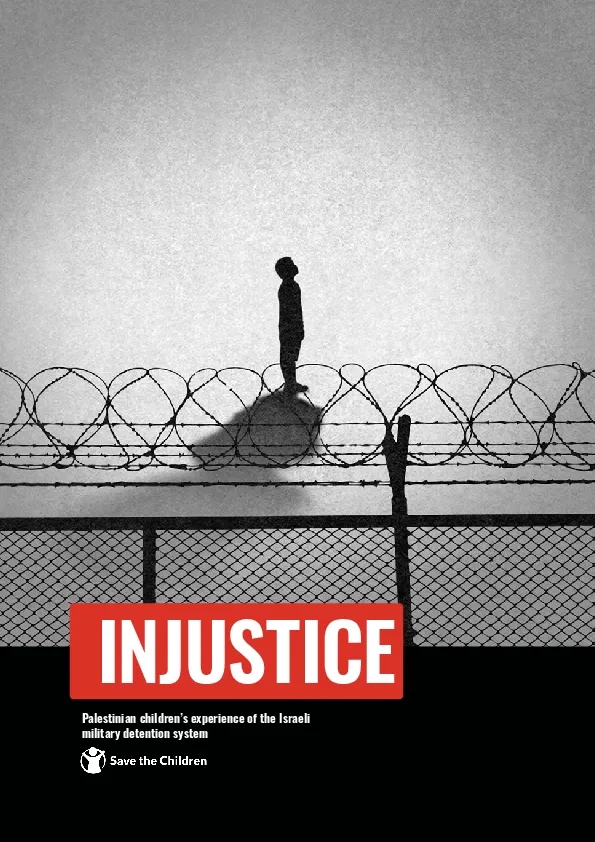
RANDA ABDEL-FATTAH explores the central and sensitive question of how the hurt experienced by People in and out of Israel, particularly those wedded to Zionism, is used to deflect us from the reality of genocide.
She ends:
My responsibility is to commit myself to the liberation of Palestine. I am confident that my fight against Zionism as a form of racism aligns with my unequivocal rejection and condemnation of antisemitism. I recognize the lethal and genocidal history of European antisemitism that produced the Holocaust and the destruction of European Jewry. I reject that because of European antisemitic racism, Palestinians must pay the price. I reject essentializing language, stereotypes, or theories that claim that there are particular traits or characteristics unique to “Jewish people” as a homogenous collective, or “being a Jew.” I defend the right of Jewish people to openly practice Judaism and freely express their religious and cultural identity. I defend the right of Jewish people to practice their faith even though I unequivocally reject and condemn Zionism as a political ideology. I do not accept that such a right can be enjoyed at the expense of Palestinian life, freedom, and self-determination.
No amount of intimidation or emotional blackmail will cower Palestinians into silence, into shrinking our voices, adjusting our language, compromising our demands and claims, or repressing our feelings. When the feelings and fragility of Zionists are used as a rhetorical shield to deflect from engaging with the moral and material reality of genocide, Palestinians are left to ask: how many of us must be killed, maimed and injured, forced from our traditional land and beloved homes, be tortured and have our schools, universities, and livelihoods destroyed, for those in power – those who have the power to stop this genocide – to say in public never again. Khallas. Enough.
A thoughtful video, which touches on whether there are solutions acceptable to all parties.
A second Nakba? What history tells us about Palestine and Israel
In this episode of UpFront, we look back at the history and context leading up to the current Israel-Gaza war. Nearly two months after the October 7 attack by Hamas, Israel’s response has killed more than 14,500 Palestinians.
While many see the current conflict as a reaction to the attack that killed 1,200 people in Israel, others have pointed out that this view ignores crucial historical context and that the conflict has been ongoing for generations.
Following the 1917 Balfour Declaration which led to an influx of Jewish immigrants, the creation of Israel in 1948 saw an enormous displacement of Palestinians, in addition to the expulsion of hundreds of thousands who remain refugees to this day.
On UpFront, Mustafa Barghouti, the co-founder of the Palestinian National Initiative, and author Ghada Karmi, join Marc Lamont Hill to look back at the history of Palestine and contextualise the current war.
The colonisation of Palestine: Exhuming a British imperial crime
by Mary Serumaga
Like other British imperial possessions, Palestine was acquired on the cheap and under false pretences, official corruption sealing a deal doomed to end in perpetual violence.
“Zionism will fail, the experiment to which the noble Earl referred will fail, the harm done by dumping down an alien population upon an Arab country – Arab all around in the hinterland – may never be remedied…what we have done is, by concessions, not to the Jewish people but to a Zionist extreme section, to start a running sore in the East, and no one can tell how far that sore will extend.”
– British Government, Hansard, House of Lords, 21 June 1922, p. 1025
Fascinating and revealing historical context.
Biden, Palestine, and the buttressing of Christian Zionism
Biden’s position on Israel-Palestine does not constitute any real shift from that of Trump and thus similarly gratifies the desires of Christian Zionists.
I had no sense of this significant support for Israel in the USA.
Further evidence Netanyahu propped up Hamas
Thomas Fazi argues:
In my last post I explained how Netanyahu played a crucial role in bolstering Hamas in order to “divide and conquer” the Palestinians and delegitimise the Palestinian National Authority — the continuation of a strategy which Israel had been pursuing, in various forms, since the 1980s.
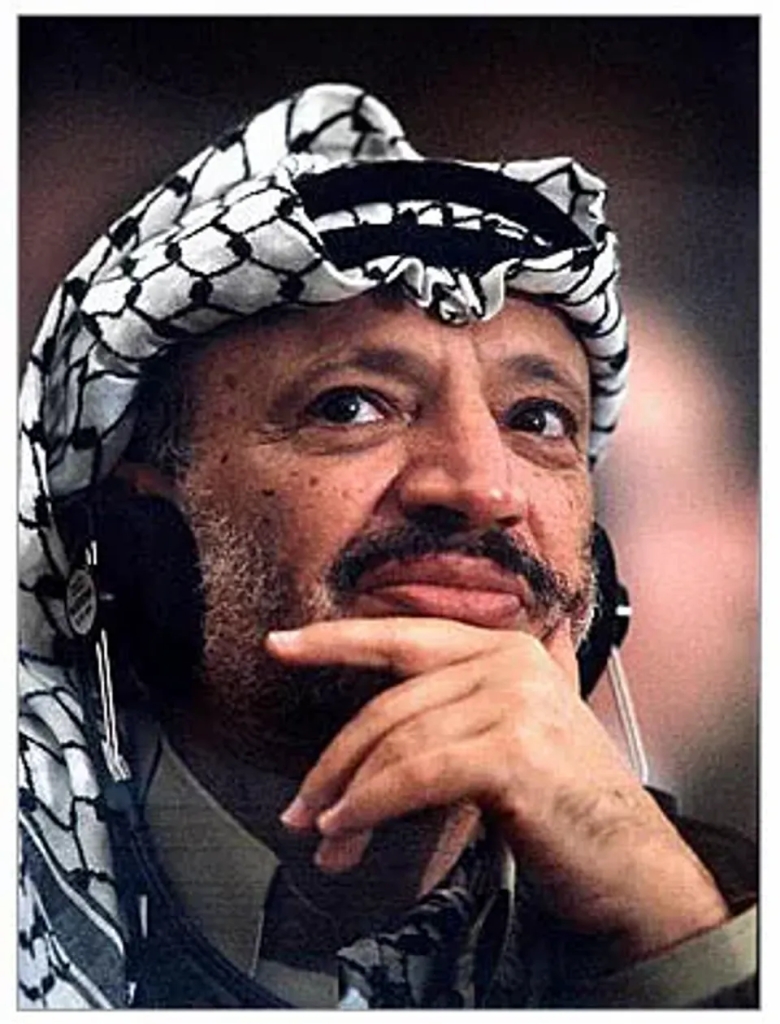
Later in the piece, he quotes Yasser Arafat, who was the leader of the PLO at the time I was closest to what was going on in Palestine., more than thirty years ago.
“Hamas was constituted with the support of Israel. The aim was to create an organisation antagonistic to the PLO. They [Hamas] received financing and training from Israel. They have continued to benefit from permits and authorisations, while we have been limited, even [for permits] to build a tomato factory.”
When asked what he thought of “these sons of Palestine who blow themselves up and spread death among Israeli civilians”, Arafat answered: “Israel does not allow us to live a normal life. Youth who have nothing to eat, who don’t see any future in front of them, are easy prey of the Islamist movements, which have large amounts of financing at their disposal”.
.
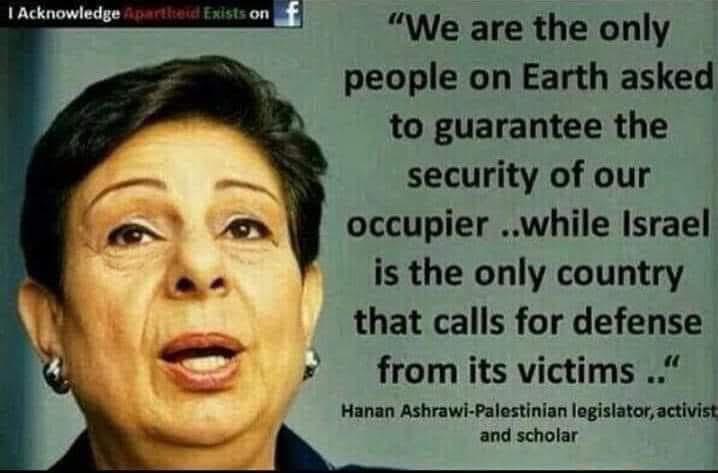
Last but not least a video of Gerald Kaufman, Labour Member of Parliament speaking in Parliament, the year 2009, the event an Israeli attack on Gaza. For my sins, I was heavily involved in the British Labour Party in the 1980s and met Gerald, always immaculately attired several times, once by chance for a coffee at Euston railway station. At the time he was a sworn enemy, being a fierce critic of Tony Benn, to whom I gave cautious support! Anyway, he was charming company and we parted on amicable terms. Fifteen years on this brave speech retains all its relevance.
And, lest I forget, I must register deep gratitude to my dear friend, Steph Green, who has sent me regularly in the last months both links and her own insightful commentary on the continuing crisis in Gaza. I hope I have done her efforts to keep me alert some justice.
“We will not rest until we have justice. Until all people, Israelis and Palestinians, between the river and the sea, can live in peaceful liberty.” The United Kingdom’s Labour Party suspended Member of Parliament, Andy McDonald for reciting the above in a speech at a pro-Palestinian rally.
